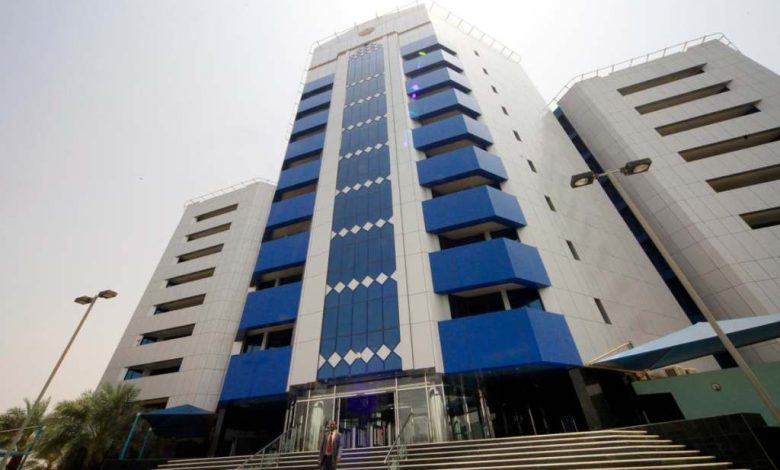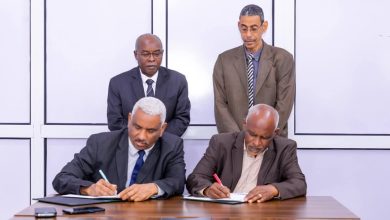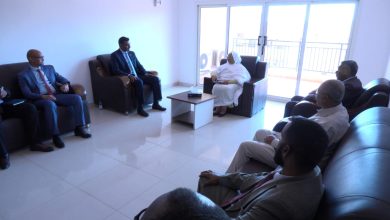Economic
Transfer of the Central Bank to the Sovereign Council: Breaking Free from Restrictions

Report by: Rehab Abdullah
Banking experts have confirmed that the transfer of the Central Bank of Sudan to the Sovereign Council, after it was previously under the cabinet according to the constitutional document, will soon bear fruit, especially after the monetary policy for the year 2025 has been set.
**The Story
Najm al-Din Ibrahim, a banking expert at the Central Bank, explained that the Central Bank’s Board of Directors, governor, and deputies were originally appointed by the President to keep the bank independent from the cabinet and executive body. This avoids conflicts with other ministries, he justified in his interview with *Al-Ahdath*. However, he emphasized that the Central Bank works in full coordination with the Ministry of Finance and Economic Planning regarding financial policies and their alignment with monetary policies.
**Drawbacks of Cabinet Supervision
Najm al-Din considers the Central Bank’s subordination to the cabinet as a disadvantage since it distracts the bank with cabinet meetings and other unrelated issues. He highlighted that the Central Bank is often obliged to implement decisions issued by the cabinet even when not relevant to its functions.
**Guaranteeing Independence
Ahmed Babiker Hammour, former director of the Livestock Bank, stated in *Al-Ahdath* that during the former government, the Central Bank was under the presidency, as outlined in the 2005 constitution. However, during the transitional period, it was placed under Hamdok’s cabinet. Hammour believes that the Central Bank’s return to the presidency and later to the Sovereign Council ensures its independence, particularly in monetary policy, which should be separate from the fiscal policy of the Ministry of Finance. He added that this separation benefits the Sudanese economy.
**Ensuring Performance
Banking expert Walid Dalil told *Al-Ahdath* that independence remains essential for the effective performance of central banks, especially regarding their mandate for price stability. However, he noted that central banks must enhance transparency in their decisions and processes, with clear communication to the public being critical. Dalil also pointed out that central banks face increasing pressures to lower interest rates prematurely, along with growing political interference in appointments. He stressed that governments and central banks must resist these pressures.
**Avoiding Risks
He emphasized the responsibility of other government authorities in helping central banks achieve their objectives and manage risks. This goes beyond merely advocating for independence but also involves ensuring fiscal policies that maintain debt sustainability, thereby reducing inflationary pressures on the central bank. Sound fiscal management allows more room for supporting the economy when needed, fostering economic stability.
**What the Law Says
Walid Dalil explained that one of the government’s shared responsibilities with the central bank is maintaining the strength and regulation of the financial system. According to the 2005 Transitional Constitution of Sudan, under Chapter 6, Article 202, a board of nine members oversees the Central Bank, appointed by the President. Under the current constitutional document, however, the Central Bank is under the authority of the Prime Minister. This means it is subject to the Prime Minister’s executive decisions.



